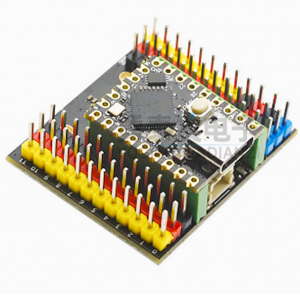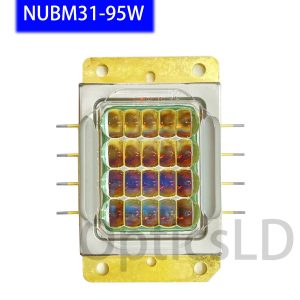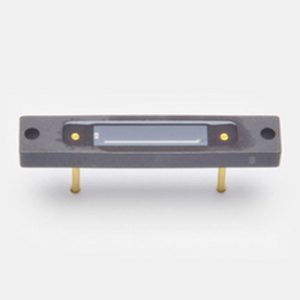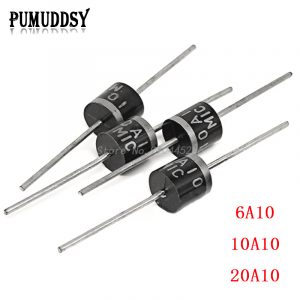Description
Raspberry Pi Pico development board raspberry pi PICO dual-core RP2040 supports Mciro Python
Graphics and text details
Product introduction
Raspberry Pi Pico is a convenient, flexible and easy-to-use open source electronic prototyping platform. It was launched by the Raspberry Pi Foundation. Unlike any previous Raspberry Pi products, it is a silicon-based microcontroller development board designed on Raspberry Pi.
Raspberry Pi Pico is positioned as a high-performance single-chip microcomputer controller, dedicated to solving the shortcomings of the hardware control field that Raspberry Pi is not good at, and is an important part of the functional ecology of Raspberry Pi products. As a lower computer, it can support multiple development platforms such as Raspberry Pi, PC (including Wi ndows system, Linux system, Mac system), etc. It has rich GP10 and peripheral resource support. Its overall development system includes hardware circuit boards and the official SDK (software development kit). The hardware uses the RP2040 microcontroller chip independently developed by Raspberry Pi, equipped with an ARMCortexM0+ dual-core processor, up to 133MHz operating frequency, built-in 264KBSRAM and 2MB of memory, and 26 multi-function GPI0 pins on board. For software, you can choose the C/C++ SDK provided by Raspberry Pi, or use MicroPython for development, and it is equipped with complete development materials and tutorials, which can facilitate quick start of development and embed the application into the product.
Product Features
■Uses the RP2040 microcontroller chip designed by Raspberry Pi
■Equipped with a dual-core ARM Cortex M0+ processor, running at a frequency of up to 133MHz Flexible clock
■Built-in 264KB SRAM and 2MB on-chip FIash stamp hole design, can be directly soldered and integrated into the user’s self-designed baseboard USB1. 1 host and device support
■Supports low-power sleep and hibernation modes
■Can be identified as a large-capacity storage device through USB for drag-and-drop program download
■Up to 26 multi-function GPI0 pins
■2 SPI, 2 12C, 2 UART, 3 12-bit ADC, 16 controllable PWM channels
■Accurate on-chip clock and timer
■Temperature sensor
■On-chip accelerated floating-point library
■8 programmable 1/0 (P10) state machines for custom peripheral support














Reviews
There are no reviews yet.